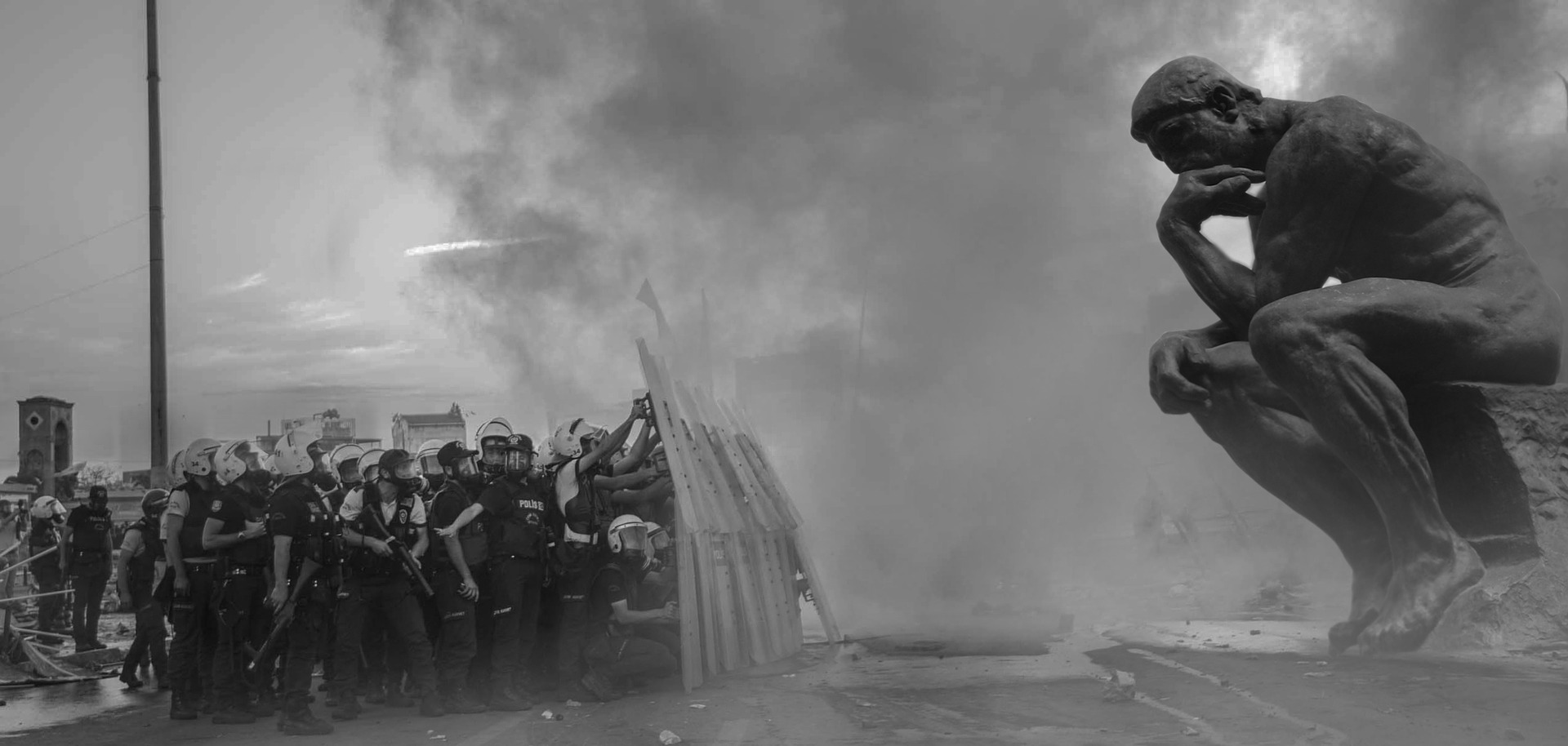The attack on the press is nothing new for telling the truth to power is, and always has been a perilous act. Journalism has long been considered one of the world’s most dangerous professions. While navigating the perils of warzones and uncovering the corruption of the powerful, journalists often have far more than deadlines to worry about. Indeed, since 1992 according to the Committee to Protect Journalists, 848 of the 1838 journalists who have been killed were murdered in direct reprisal for their work. 278 of these victims are suspected to have died at the hands of political groups. 170 of them were executed by government officials. Most of these crimes have been committed at the command of corrupt officials in places like Russia, Brazil, and the Philippines.

Leaders continue to emulate such actions on the path to authoritarianism, such as Erdoğan with Turkey. The silencing of the media that opposes the state has gone on forever. We believe it to be far away in distant despotic regimes, away from the land of idealized liberty in the West. At least, it seems that way when you first think about it.
Whilst less than 10% of the murders mentioned earlier occurred in the EU, the situation has begun to change in recent years. In 2015, nine journalists were murdered in retaliation for their work: eight in the Charlie Hebdo attack, and one in Poland. Since the start of 2017, four journalists have been murdered in EU countries with only one dying for reasons unrelated to their work. What is the tie that binds the other three? They were all investigating government corruption. The most recent journalist to be targeted was only last week. Viktoria Marinova was barbarically raped and murdered in Bulgaria.
Part of what makes a great democracy is a media unchained by political regulations. The US juror George Sutherland once said that ‘a free press stands as one of the great interpreters between the government and the people. To allow it to be fettered is to fetter ourselves.’ Yet, allowing it to be fettered is exactly what we are doing. The amount of death threats journalists receive is said to be on the rise in both the UK and the US, and high-profile politicians on both the left and right like Jeremy Corbyn and Donald Trump have denounced the “mainstream media”. It echoes sentiments expressed in the Nixon White House tapes where President Nixon infamously said in 1972 ‘the press is the enemy’.
Perhaps worst of all is Trump echoing the actions of autocrats, dubbing the “fake news media” the “enemy of the American people” – a belief much of his base clearly share– while simultaneously claiming to represent the ideals of the so-called “land of the free,”
The actions Trump is taking to delegitimise, denigrate, and dehumanise media workers is previously unheard of for a POTUS. Earlier this year when four journalists working for the Capital Gazette in Annapolis were murdered, some commentators saw Trump’s rhetoric as enabling the attacker to feel his actions were just. Trump is a man who cares so little about the press that he seemingly ignored the brutal murder of a US journalist by Saudi Arabia for commercial gain. It is an uncomfortable feeling when you can place the US President in the same group as despots like Putin, who do not just hate the bad news – they want to stop it all together. And the best way to do that? By quite literally shooting the messenger.
Perhaps the attack on the free press globally is not new, but the threat that US and EU journalists now feel is. As an institution which plays an invaluable role in spotlighting corruption and injustice, we owe it to the press to protect them; moreover, we owe it to ourselves. If the free press falls, then we are culpable through our inaction in what happens next. Democracy dies in darkness.
Adam Cooper

